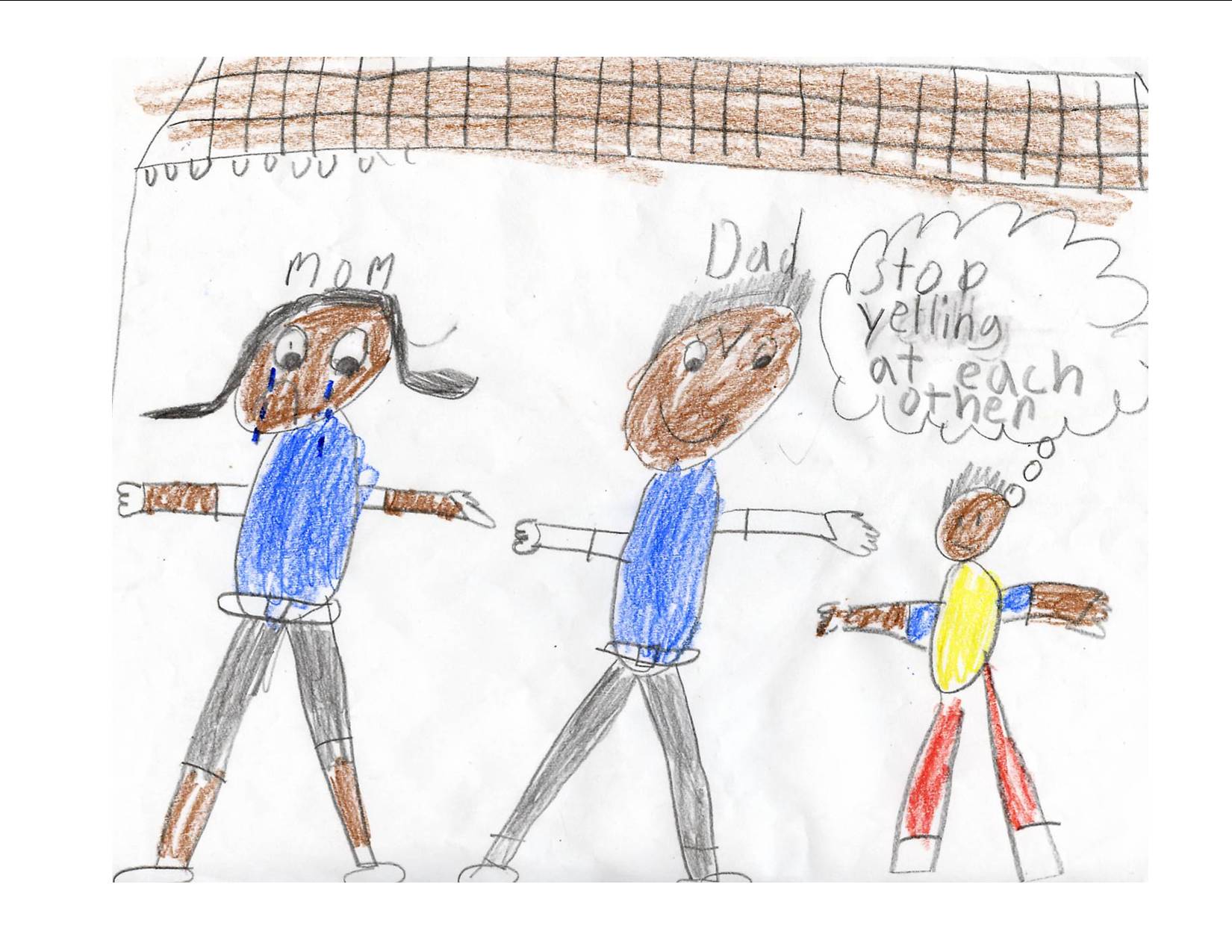 July not only marks the month of America’s birthday, but it also holds the title of National Make a Difference to Children Month. While we are celebrating and coming together with our families, it is very important to realize that not every child is fortunate enough to have a fun, healthy and safe environment in which to live their lives. In fact, it is estimated that every year, over 3 million children are victims of violence, and that is only what is reported.
July not only marks the month of America’s birthday, but it also holds the title of National Make a Difference to Children Month. While we are celebrating and coming together with our families, it is very important to realize that not every child is fortunate enough to have a fun, healthy and safe environment in which to live their lives. In fact, it is estimated that every year, over 3 million children are victims of violence, and that is only what is reported.
Children are special beings, full of imagination and spark that absorb notions about life from the world around them. Because the future of America lies in their hands, it is extremely important, this month especially, that we put a strong focus on this issue. Violence against children can involve both physical and psychological abuse, but can also be experienced in the form of neglect, exploitation and sexual abuse. Moreover, the effects of growing up in a violent home, as opposed to being directly abused themselves, can also have an equally devastating effect on a child’s psychological and behavioral well-being.
Sadly enough, the effects of the childhood exposure to domestic violence typically does not just end with them. Studies of children who witness domestic violence show that they are more likely to perpetuate the cycle of violence in their own relationships. Thus the effects of domestic violence can span over generations, staying with the youth long after they part from their childhood home. Some of the effects of childhood abuse include long-term physical and psychological damage, impairment in their ability to learn and socialize, inability to perform well in school and academic endeavors, and the inability to develop and maintain lasting positive relationships and friendships.
Fortunately, by working together, we can all help end this cycle of violence by recognizing and preventing child abuse. It is important to remember that some signs of child abuse are more subtle than others; it’s more than just broken bones and bruises. Warning signs include:
- Unattached to parent or caregiver
- Excessively withdrawn, fearful or anxious about doing something wrong
- Extreme behaviors (being excessively demanding, passive, compliant, aggressive, adult or infantile).
- Has frequent injuries or unexplained bruises
- Afraid to go home, shies away from touch, and flinches at sudden movements or sounds
- Consistently bad hygiene
- Frequently late or missing from school
- Clothes are ill-fitting, filthy or inappropriate for the weather, such as a long sleeved shirt on a hot day
- Trouble walking or sitting
The key to ending violence against children is knowledge and prevention. Together we can make a difference. So let the month of July, when schools are out, and the weather is nice, be a reminder to you to keep our children as safe as we can. Keeping quiet about an issue is never the answer, and one should never feel as if they have nowhere to turn.
If you or someone you know is affected by domestic violence, Hubbard House can help. Please call the Hubbard House domestic violence hotline at (904) 314-3114 or toll-free at (800) 500-1119.
ABOUT HUBBARD HOUSE
Founded in 1976, Hubbard House is a certified, comprehensive domestic violence center providing programs and services to more than 6,000 women, children and men annually in Duval and Baker counties. While Hubbard House is most known for its emergency shelter, the agency also provides extensive adult and youth outreach services, school-based education, therapeutic child care, batterers’ intervention programs, court advocacy and volunteer and community education opportunities. Visit www.hubbardhouse.org to learn more.
By Vanna Tauch
